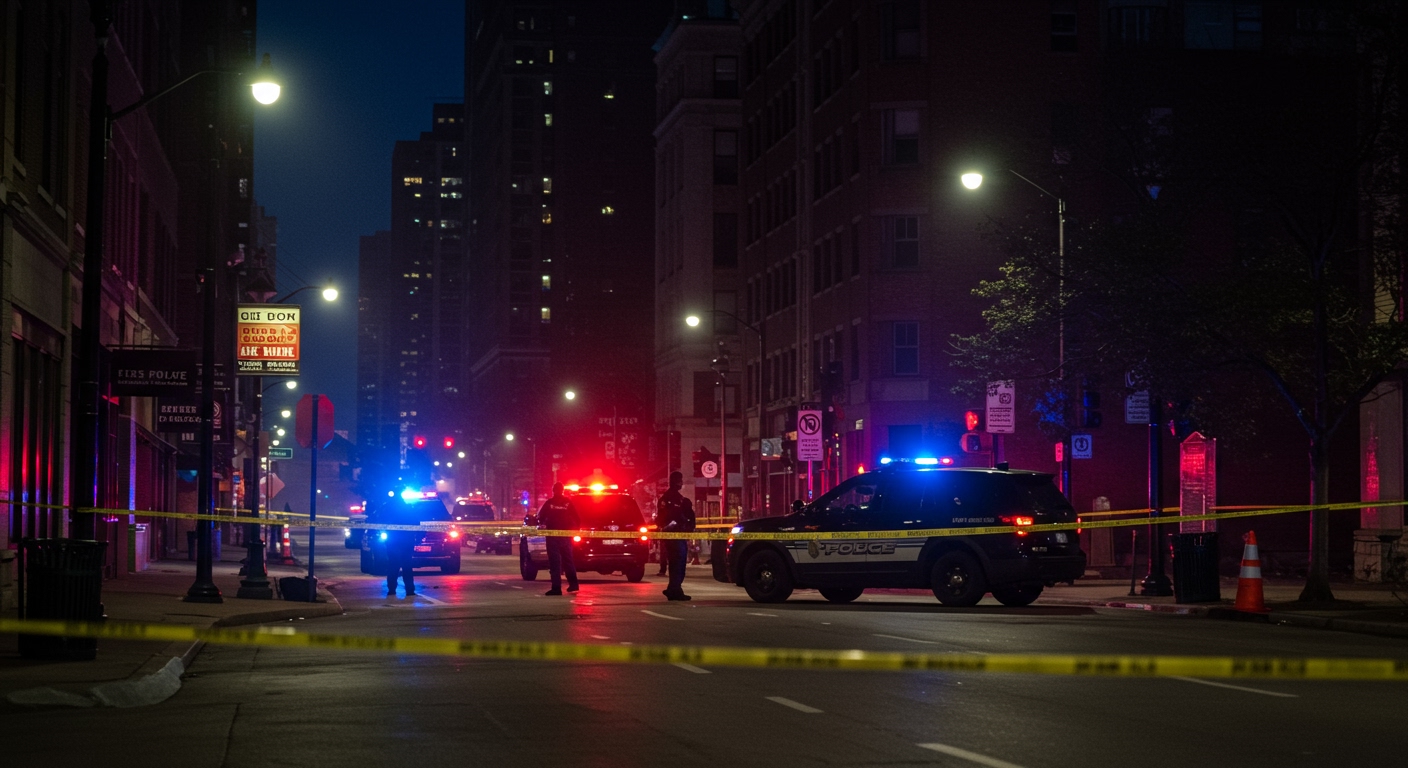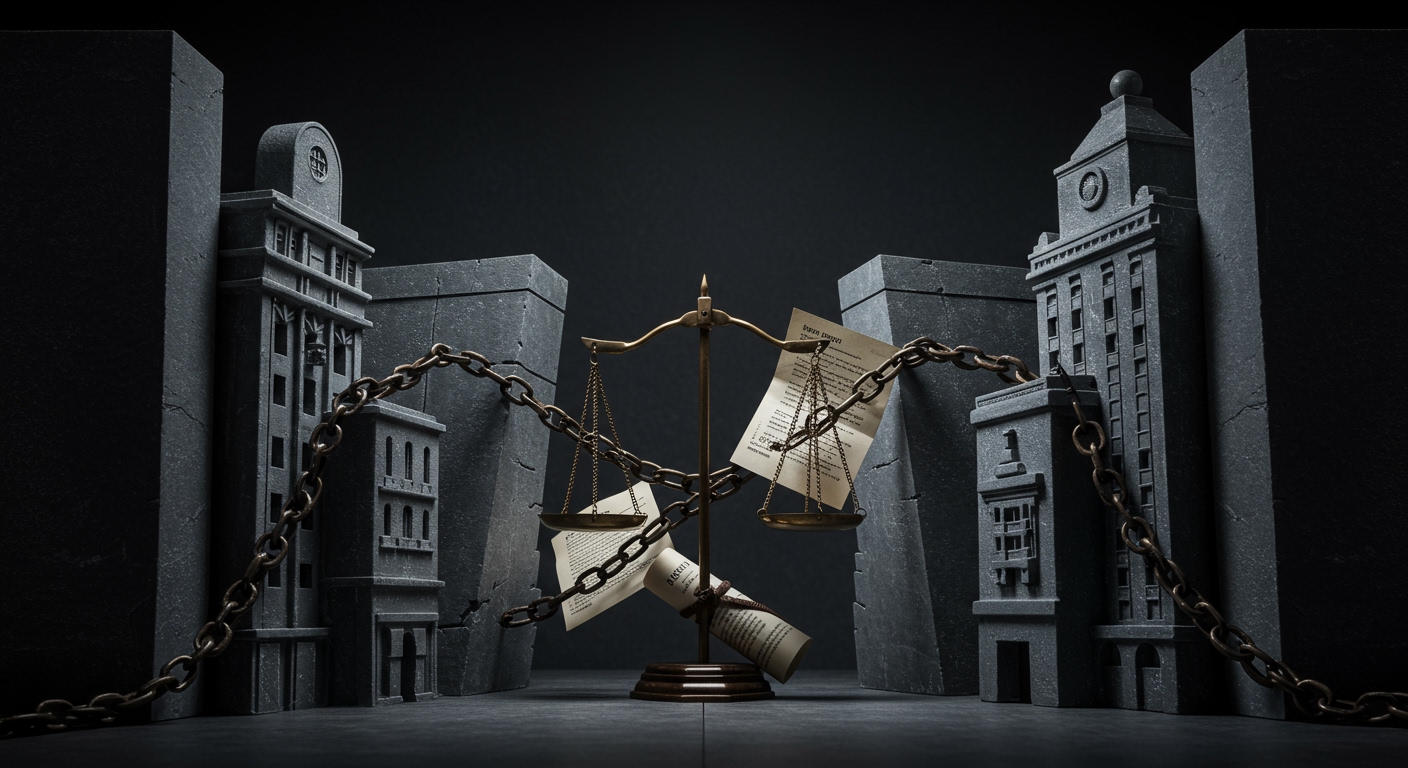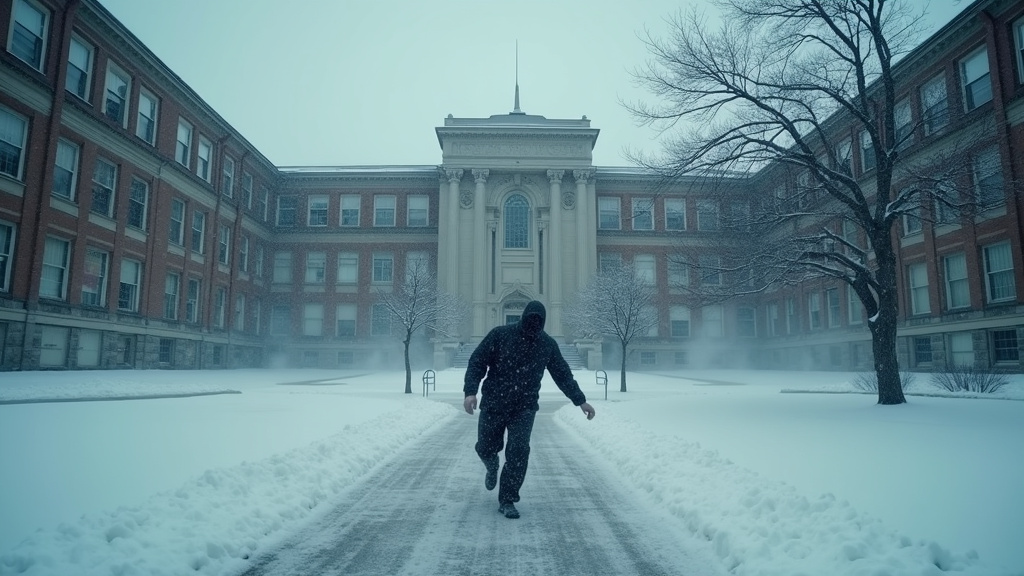President Donald Trump has repeatedly threatened to deploy active-duty military personnel to major American cities like Chicago and New York to address what he characterizes as rampant crime, sparking a significant national debate over federal authority, urban safety, and civil liberties. The TOP of this ongoing NEWS cycle centers on the President’s assertion that such interventions are necessary to restore order in cities he claims are mismanaged by Democratic leaders.,,
The President’s Stance on Urban Crime
Trump’s critiques of Democrat-led cities, particularly Chicago, are not new. For years, he has portrayed these urban centers as chaotic and dangerous, frequently highlighting crime statistics and blaming local leadership for failing to control violence., Speaking from the Oval Office, he specifically targeted Chicago’s then-Mayor Lori Lightfoot, labeling her as “incompetent” and suggesting that the city’s Black population was “screaming” for his intervention., His comments came as a direct follow-up to his decision to federalize the Washington, D.C., police department and deploy National Guard troops there, a move he lauded as highly effective in reducing crime.,
Legal Battleground: Insurrection Act and Mayoral Pushback
The President’s threats immediately ignited strong opposition from the mayors and governors of the targeted cities. Chicago Mayor Lori Lightfoot swiftly dismissed Trump’s suggestion of deploying “regular military” as unconstitutional and politically motivated. She famously stated, “That’s not gonna happen, not in my city. I will see him in court.”, Similarly, New York City Mayor Bill de Blasio vowed legal action if Trump were to proceed with sending federal agents or troops, characterizing the threats as “bluster” but warning of potential constitutional violations.,, More recently, New York Governor Kathy Hochul and current Mayor Eric Adams also rejected similar threats, with Adams stating, “we got this.”
At the core of the legal debate is the Insurrection Act, a set of laws dating back to 1792 that allows the President to deploy military forces domestically under specific conditions to suppress rebellion or enforce federal laws.,, However, the Posse Comitatus Act generally prohibits the use of federal military for civilian law enforcement without explicit congressional authorization., Critics, including Illinois Governor J.B. Pritzker, argued that Trump lacked the legal authority to send military forces without the consent of state governors, especially to address crime against the will of local governments.,, Congressman Raja Krishnamoorthi (D-IL) condemned the threats as a “reckless abuse of power” and proposed legislation, the “Stop Trump’s Abuse of Power Act,” to require state consent for such deployments.,,
Operation Legend: A Precursor to Broader Action?
While direct military deployment did not occur as initially threatened in Chicago, the Trump administration did launch “Operation Legend” in July 2020. This initiative involved deploying hundreds of federal agents from agencies like the FBI, DEA, and ATF to Chicago and other cities to assist local law enforcement in combating violent crime, particularly gun violence.,,, Named after four-year-old LeGend Taliferro, who was tragically killed in Kansas City, the operation aimed to increase prosecutions of serious offenses.,, Attorney General William Barr touted its success, claiming a drop in murders in Chicago and hundreds of arrests for federal felony offenses, including gun and drug trafficking charges.,, However, Mayor Lightfoot maintained that Chicago police efforts and changes in policing strategies were primarily responsible for any crime reduction, not necessarily the federal intervention.,,
The Political Context and Implications
The President’s highly publicized threats and actions were widely seen through a political lens, particularly given the looming 2020 presidential election., His “law and order” message resonated with his base, while opponents accused him of politicizing urban crime and using federal resources to target Democratic-led cities.,, The HEADLINE-grabbing nature of these pronouncements often overshadowed more nuanced discussions about complex factors contributing to urban violence, such as gun flows from neighboring states and the impact of violence prevention program cuts.,,
Crime statistics during this period presented a complicated picture. While cities like Chicago did experience significant spikes in homicides in 2020, putting the city on track for one of its deadliest years in decades, the overall level of violence did not approach the highs of the 1990s.,, Furthermore, violent crime later saw historic drops in Chicago during the first half of 2025., The narrative around urban crime became a VIRAL point of contention, with both political sides using selective data to support their arguments.,
Conclusion
The President’s threats to deploy the “regular military” to CHICAGO and New York underscored a deep ideological divide regarding federal intervention in local affairs and the approach to urban crime. While federal agents were deployed under “Operation Legend,” the direct use of active-duty military, vehemently opposed by local leaders, did not materialize. This complex interplay of federal and local authority, legal interpretations, and political messaging continues to shape the NEWS discourse, raising fundamental questions about governance, public safety, and the balance of power in American democracy. The TOP issue of federal overreach versus local autonomy remains a critical point of debate for the nation’s future.,














